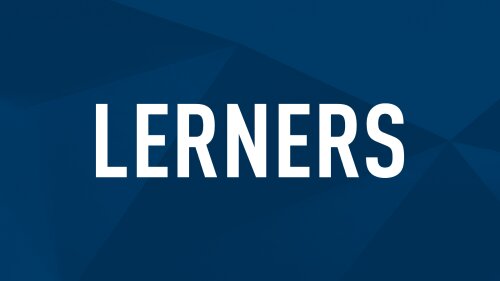Best Debt & Collection Lawyers in London
Share your needs with us, get contacted by law firms.
Free. Takes 2 min.
List of the best lawyers in London, Canada
About Debt & Collection Law in London, Canada
Debt & Collection law in London, Canada, governs the legal rights and obligations of individuals and businesses regarding debts owed and the collection of those debts. This area of law is essential in resolving disputes related to unpaid debts, credit card accounts, student loans, and more.
Why You May Need a Lawyer
There are various situations where you may require legal help in Debt & Collection, such as being harassed by debt collectors, facing a lawsuit from a creditor, or dealing with insolvency and bankruptcy issues. A lawyer can provide guidance on your rights, negotiate with creditors, and represent you in court if necessary.
Local Laws Overview
In London, Canada, key aspects of local laws relevant to Debt & Collection include the Limitations Act, which sets the time limit for taking legal action on debts, and the Collection and Debt Settlement Services Act, which regulates the activities of debt collectors and debt settlement companies.
Frequently Asked Questions
1. Can creditors seize my property if I fail to pay my debts?
In certain circumstances, creditors may be able to seize and sell your property to recover debts owed.
2. What is the role of a debt collection agency?
Debt collection agencies are hired by creditors to collect debts on their behalf, often through phone calls, letters, or legal action.
3. Is it legal for debt collectors to harass me?
No, debt collectors are prohibited from harassing, intimidating, or using deceptive practices when trying to collect debts.
4. What are my rights if I am facing a lawsuit from a creditor?
You have the right to defend yourself in court, seek legal advice, and negotiate a settlement with the creditor.
5. Can I negotiate with creditors on my own?
While you can negotiate with creditors on your own, having a lawyer can help protect your rights and ensure a fair settlement.
6. How can I avoid bankruptcy due to overwhelming debts?
A lawyer can help explore alternatives to bankruptcy, such as debt consolidation, negotiation, or repayment plans.
7. What is the impact of declaring bankruptcy on my debts?
Declaring bankruptcy can discharge certain debts but may have long-term consequences on your credit score and financial future.
8. Can student loans be discharged through bankruptcy?
Generally, student loans cannot be discharged through bankruptcy unless you can prove undue hardship.
9. What are my rights if a debt collection agency violates the law?
You have the right to report the violation to the Consumer Protection Ontario and seek legal remedies against the agency.
10. How can a lawyer help me with Debt & Collection issues?
A lawyer can provide legal advice, negotiate on your behalf, represent you in court, and help you understand your rights and options in resolving debt-related matters.
Additional Resources
For more information on Debt & Collection in London, Canada, you can contact the Ontario Ministry of Government and Consumer Services, the Law Society of Ontario, or seek advice from local legal aid clinics.
Next Steps
If you require legal assistance in Debt & Collection matters in London, Canada, consider consulting with a reputable law firm specializing in this area of law. They can assess your situation, provide personalized advice, and represent you in resolving debt-related issues effectively.
Lawzana helps you find the best lawyers and law firms in London through a curated and pre-screened list of qualified legal professionals. Our platform offers rankings and detailed profiles of attorneys and law firms, allowing you to compare based on practice areas, including Debt & Collection, experience, and client feedback.
Each profile includes a description of the firm's areas of practice, client reviews, team members and partners, year of establishment, spoken languages, office locations, contact information, social media presence, and any published articles or resources. Most firms on our platform speak English and are experienced in both local and international legal matters.
Get a quote from top-rated law firms in London, Canada — quickly, securely, and without unnecessary hassle.
Disclaimer:
The information provided on this page is for general informational purposes only and does not constitute legal advice. While we strive to ensure the accuracy and relevance of the content, legal information may change over time, and interpretations of the law can vary. You should always consult with a qualified legal professional for advice specific to your situation.
We disclaim all liability for actions taken or not taken based on the content of this page. If you believe any information is incorrect or outdated, please contact us, and we will review and update it where appropriate.








